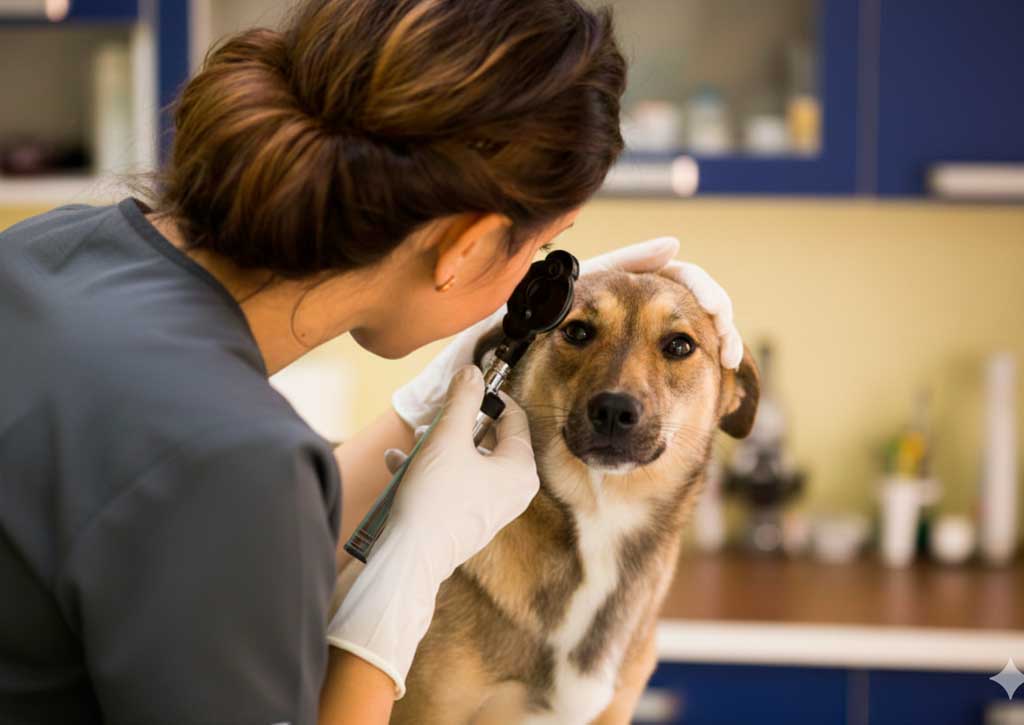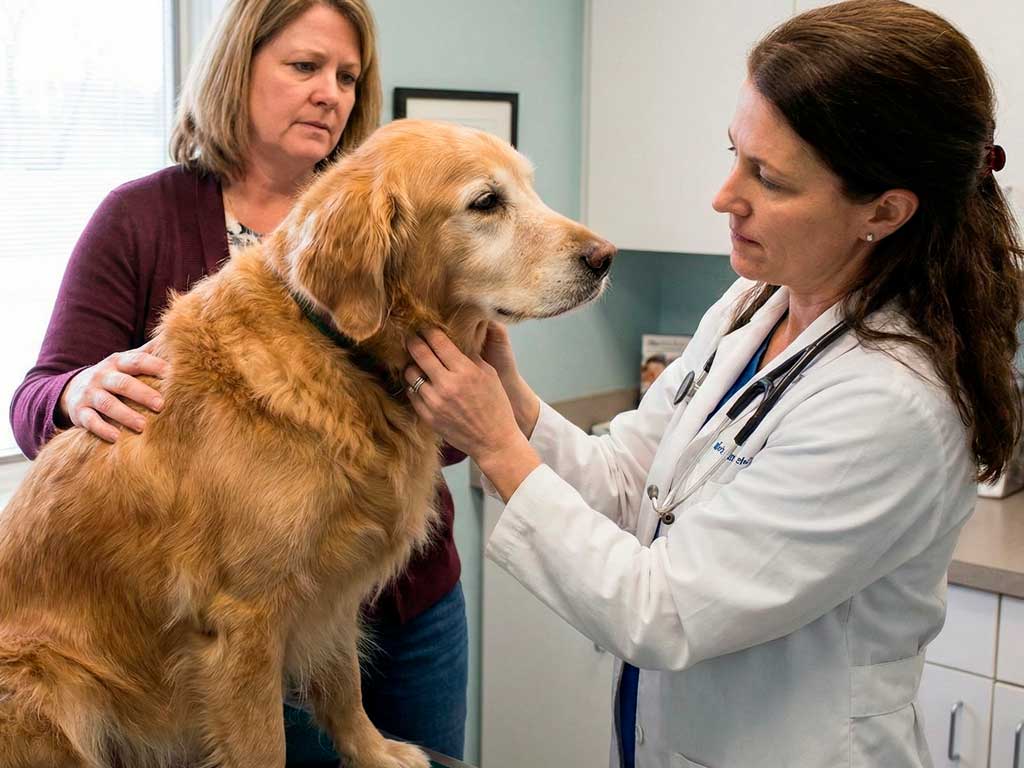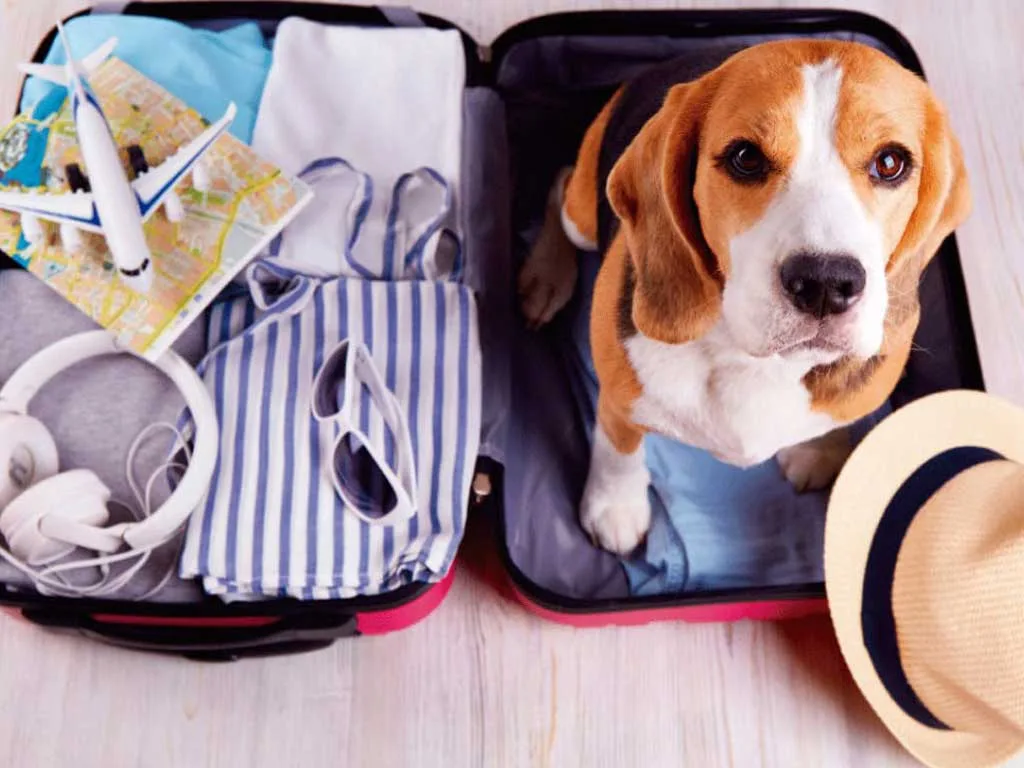Dogs are loyal companions who bring love and joy into our lives. Without words, they manage to understand our emotions and accompany us through life’s adventures. However, despite their understanding and adaptable nature, certain actions can discomfort or even harm them. In this article, we’ll explore 12 things you should never do with your dog to ensure their physical and emotional well-being.
1. Not Respecting the Basic Freedoms of Animal Welfare
Dogs require specific freedoms to live a healthy and happy life. These freedoms, known as the Five Freedoms of Animal Welfare, include:
- Freedom from hunger, thirst, and malnutrition. Provide a balanced diet and always have fresh water available.
- Freedom from discomfort. Offer a clean, safe, and comfortable space for rest.
- Access to proper medical care. Prevent pain, illnesses, and injuries.
- Freedom to express natural behaviors. Allow your dog to run, explore, and play.
- Freedom from fear and stress. Ensure they live in a calm, loving environment.
Respecting these freedoms strengthens the trust and affection between you and your dog.
2. Getting Angry Because Your Dog Acts Like a Dog
Your dog might do things that don’t always please you, such as chewing furniture or shoes, drooling, or barking. These behaviors are normal and often necessary for them. Instead of getting angry:
- Identify the cause of the behavior.
- Provide suitable toys for chewing.
- Understand that making a mess or jumping with joy is their way of showing love.
Repressing these actions with punishment only creates fear and mistrust.
3. Humanizing Them or Trying to Change Their Nature
Every species has its personality and needs. While dressing your dog in cute outfits may seem adorable, humanizing them can interfere with their ability to express themselves freely. Make sure to:
- Respect their nature as dogs.
- Allow them to behave according to their instincts.
- Provide opportunities to develop behaviors inherent to their species.
A happy dog feels comfortable being themselves.
4. Allowing Them Everything and Not Training Them Properly
Education is essential to prevent behavioral problems and ensure harmonious cohabitation. A dog without rules can develop destructive or dangerous habits. To train them effectively:
- Teach basic household rules.
- Use positive reinforcement to reward desirable behaviors.
- Dedicate time to their daily training.
Training not only improves their behavior but also enhances their mental and physical health.
5. Punishing Them Physically or Emotionally
Hitting, yelling at, or confining a dog are neither effective nor ethical methods of training. These actions generate fear, stress, and defensive behaviors. Instead:
- Opt for positive reinforcement techniques.
- Create an environment of trust and safety.
- Consult a professional if you’re struggling to manage their behavior.
Remember, a dog learns best when they feel secure and motivated.
6. Abandoning, Confining, or Ignoring Them
Abandonment is a heartbreaking reality that can be prevented with awareness and responsibility. Adopting a dog means:
- Providing them with time, attention, and care.
- Creating a space where they can develop properly.
- Understanding that emotional neglect is also a form of abuse.
If you decide to adopt, ensure you’re ready for a long-term commitment.
7. Amusing Yourself by Provoking Negative Emotions
Sometimes, humans might provoke discomfort or fear in dogs for amusement. Actions like blowing in their face or excessive hugging can cause anxiety. Instead:
- Observe their reactions to understand their likes and dislikes.
- Respect their boundaries.
- Avoid doing things that clearly make them uncomfortable.
Fun should be mutual and respectful.
8. Only Taking Them to the Vet When They’re Sick
Regular veterinary visits are essential for maintaining your dog’s health. Schedule check-ups every six months to prevent serious issues and make sure to:
- Follow their vaccination schedule.
- Deworm them periodically.
- Consult about their specific diet and care.
Prevention is the key to a long, healthy life.
9. Scolding Them Hours After Misbehavior
Dogs don’t perceive time like humans. Scolding them for something they did hours ago will only confuse them and erode trust. Instead:
- Correct the behavior at the moment it occurs.
- Reinforce positive actions immediately.
- Be patient and consistent.
This approach facilitates learning and strengthens your relationship.
10. Feeding Them Inappropriate or Dangerous Foods
Some human foods can be toxic to dogs. The most dangerous include:
- Chocolate
- Excessive sugar and salt
- Onions and garlic
- Grapes and raisins
Consult your vet about an appropriate diet and avoid any food that might jeopardize their health.
11. Depriving Them of a Healthy Social Life
Dogs are social animals that enjoy interacting with other dogs and people. Daily walks are essential for:
- Stimulating their mind and body.
- Encouraging socialization.
- Preventing aggressive or fearful behaviors.
A well-socialized dog is happier and more balanced.
12. Giving Up on Them When They Have Behavioral Problems
If your dog exhibits behavioral issues, don’t give up on them. These behaviors often signal something wrong. Seek help from:
- A veterinarian to rule out health problems.
- An ethologist or canine trainer to address the behavior.
Your patience and dedication are vital to helping them overcome any difficulties.
Caring for a dog involves understanding their physical, emotional, and social needs. By avoiding the actions mentioned and prioritizing their well-being, you’ll strengthen the bond with your furry companion and provide them with a life full of love and happiness. Always strive to be a responsible and attentive owner!











